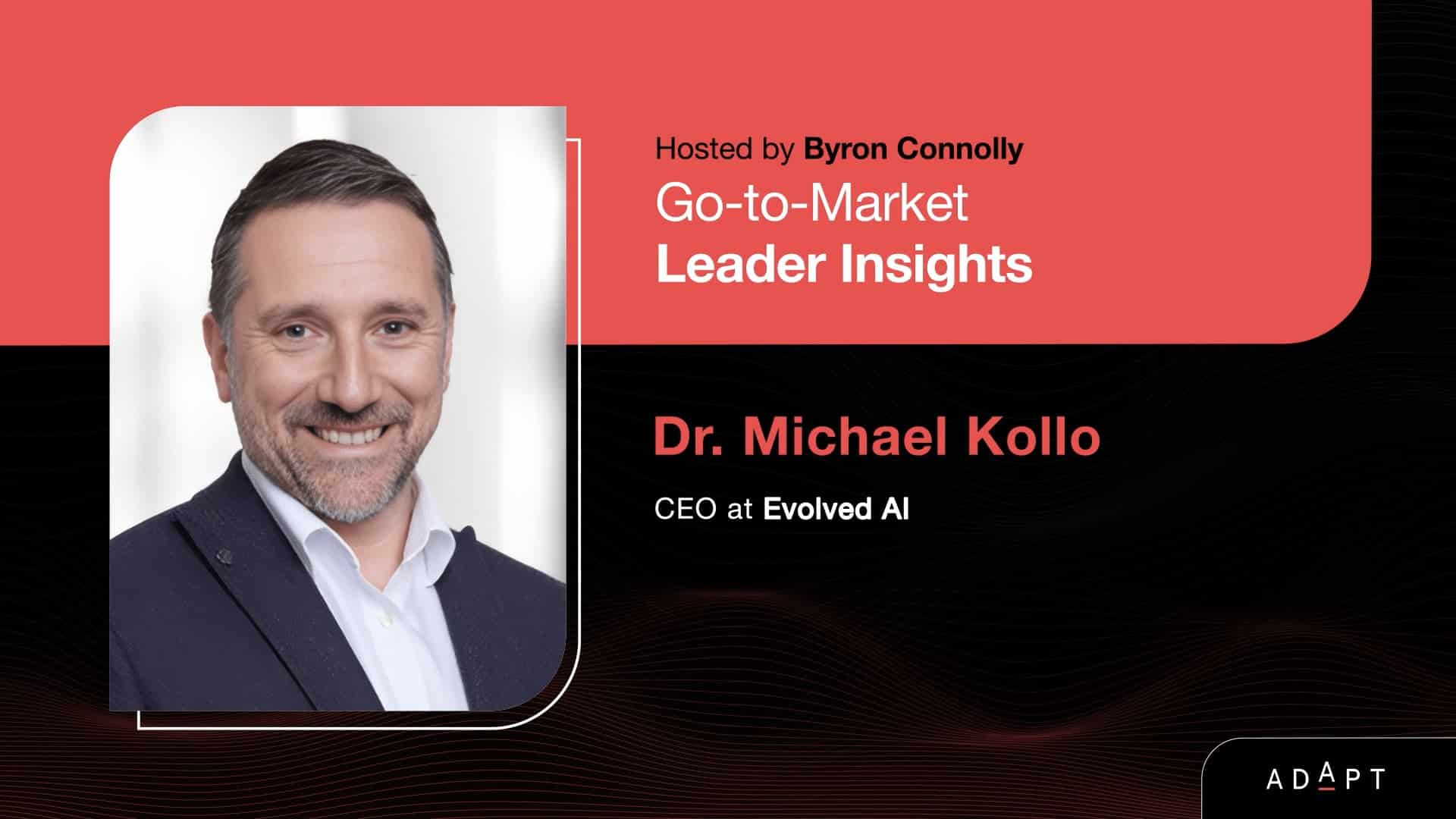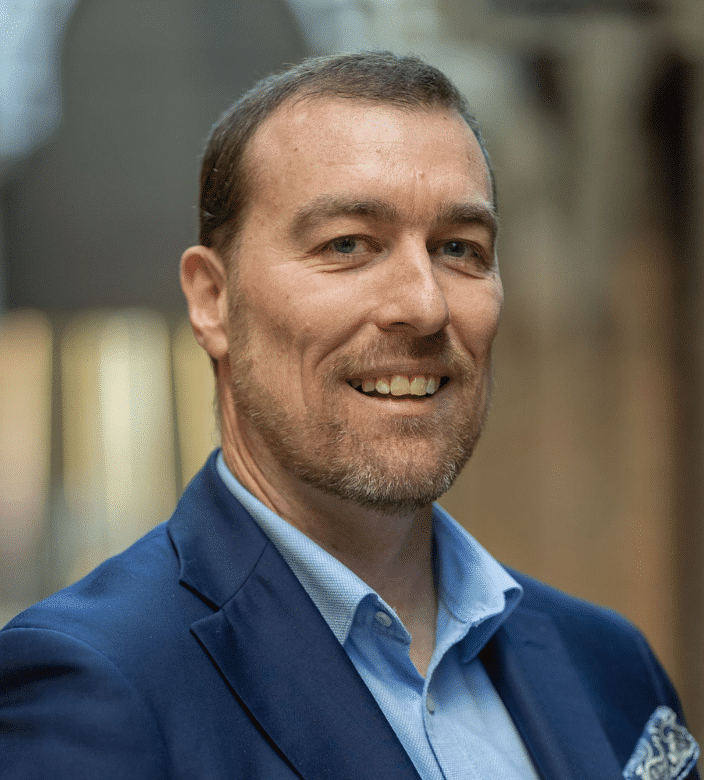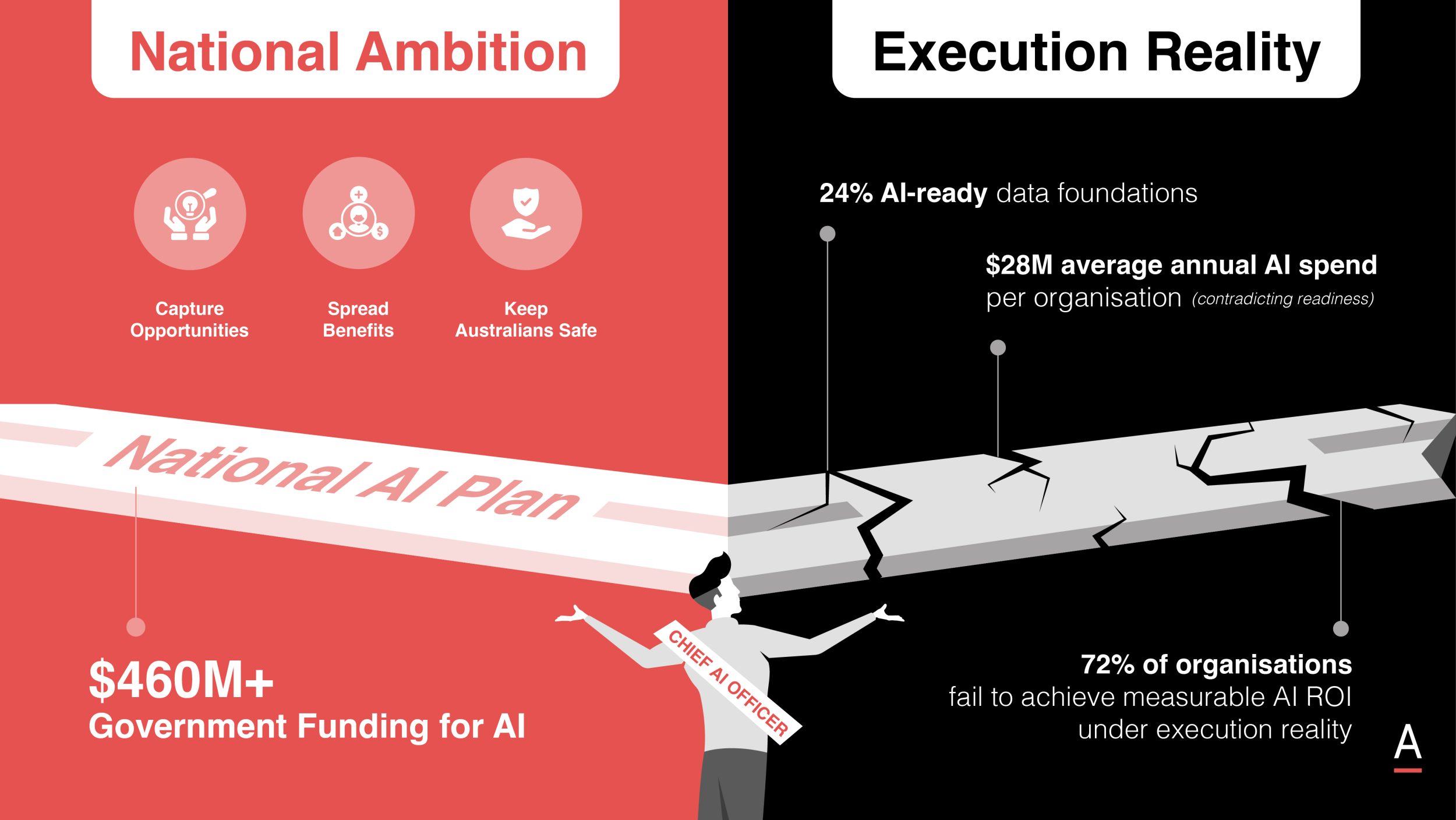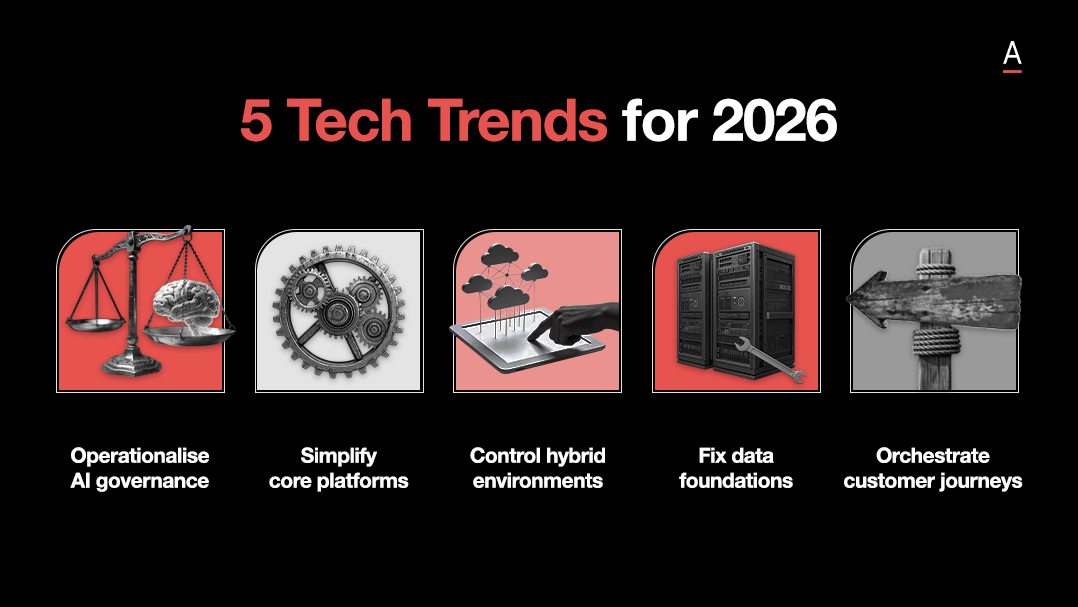Dr Michael G Kollo says only a few exceptional AI projects need to succeed, urging bold bets, stronger governance, and a rethink of work.
In this interview with ADAPT’s Head of Programs & Value Engagement Byron Connolly, Dr Kollo explains why bold bets are essential for meaningful returns.
“Maybe there’s 10 or 15 of these projects, and if two or three of them work out, that’s a huge payoff for the company,” he says.
Dr Kollo warns that many enterprises default to low-value proof-of-concepts, taking on the risks of AI without aiming for the kinds of returns that justify them.
Success, he says, is when AI tools are deployed, scalable within the allocated time, and actively used.
Questioning technology’s decision-making value
Dr Kollo challenges the assumption that more technology or data always improves decisions.
“Technology is very good at making you feel powerful… but does that lead to better decision-making? No.”
He cautions that large language models often agree with users, creating a “feel good” effect without real economic value.
Healthcare showing real promise
He sees healthcare as a sector where AI can deliver immediate human benefit, citing Microsoft’s AI Diagnostic Orchestrator as being “four times more successful in diagnosing complex conditions than human doctors.”
He advocates a tiered diagnostic approach where AI handles initial cases, supported by human oversight for complex needs.
Insurance against AI errors, he says, could unlock broader adoption.
Reshaping the future of work
Dr Kollo predicts AI will impact white-collar jobs much like machines transformed factories.
“Overall, there will just be a different system to produce that service or goods… there needs to be a rethink about a lot of these production processes.”
Read our deeper breakdown of his perspectives on AI strategy and its broader implications.






























